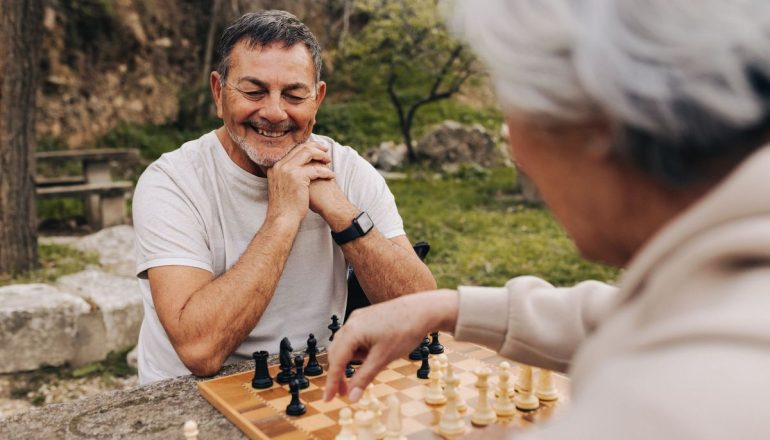The study examined the effects of physical and mental activity on cognitive reserve of thinking speed and memory. Cognitive reserve is when people have good thinking ability despite showing signs of intellectual disability and dementia.
In women, more physical activity, such as brisk walking and cycling, was associated with a higher speed of thinking than in men. Mental activities such as reading, attending classes or playing sports were associated with greater thought speed reserves in both men and women. Increased physical activity did not affect memory stores in either men or women.
Each additional mental activity corresponded to a “younger” thinking speed—an average of 17 years for men and 10 years for women. Doubling of physical activity accounts for approximately 2.75 years of loss of thinking speed in women.
Dr. Judy Pa of the University of California at San Diego said: “Since we don’t have some effective treatments for Alzheimer’s disease, prevention is important. It’s important for people to take a class at a community center, play bingo with friends, or walk or garden. It is very important that you can potentially improve your cognitive reserve by taking simple steps like spending more time outdoors.
The study involved 758 people with an average age of 76. Some had no thinking or memory problems, others had mild cognitive impairment, and some had dementia. Based on the results of brain scans, thinking speed and memory tests, their cognitive reserve was calculated and related to their physical and mental activities reported in the questionnaire.
Source: DOI 10.1212/wnl.0000000000200675

Web guru. Amateur thinker. Unapologetic problem solver. Zombie expert. Hipster-friendly travel geek. Social mediaholic.





